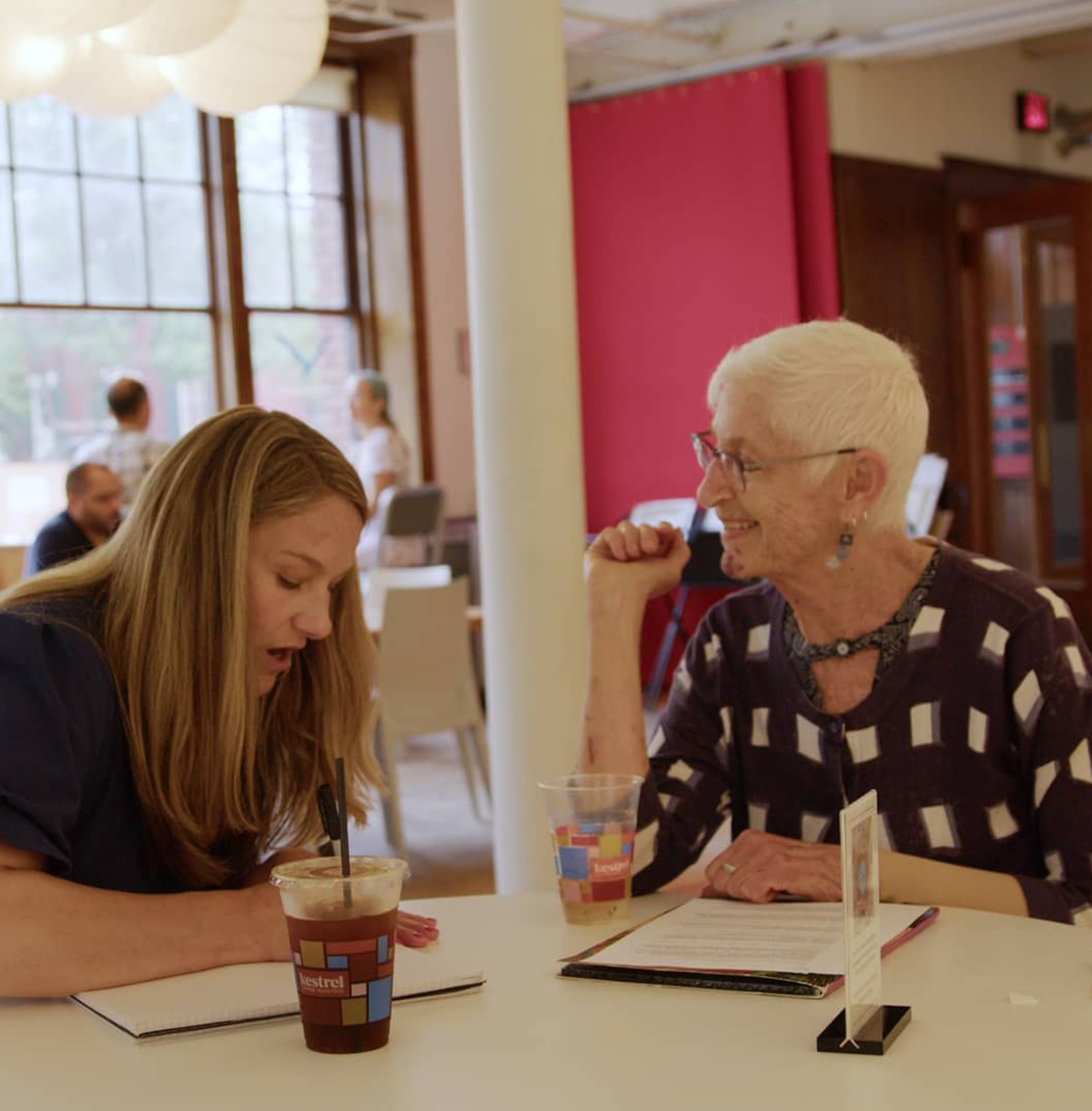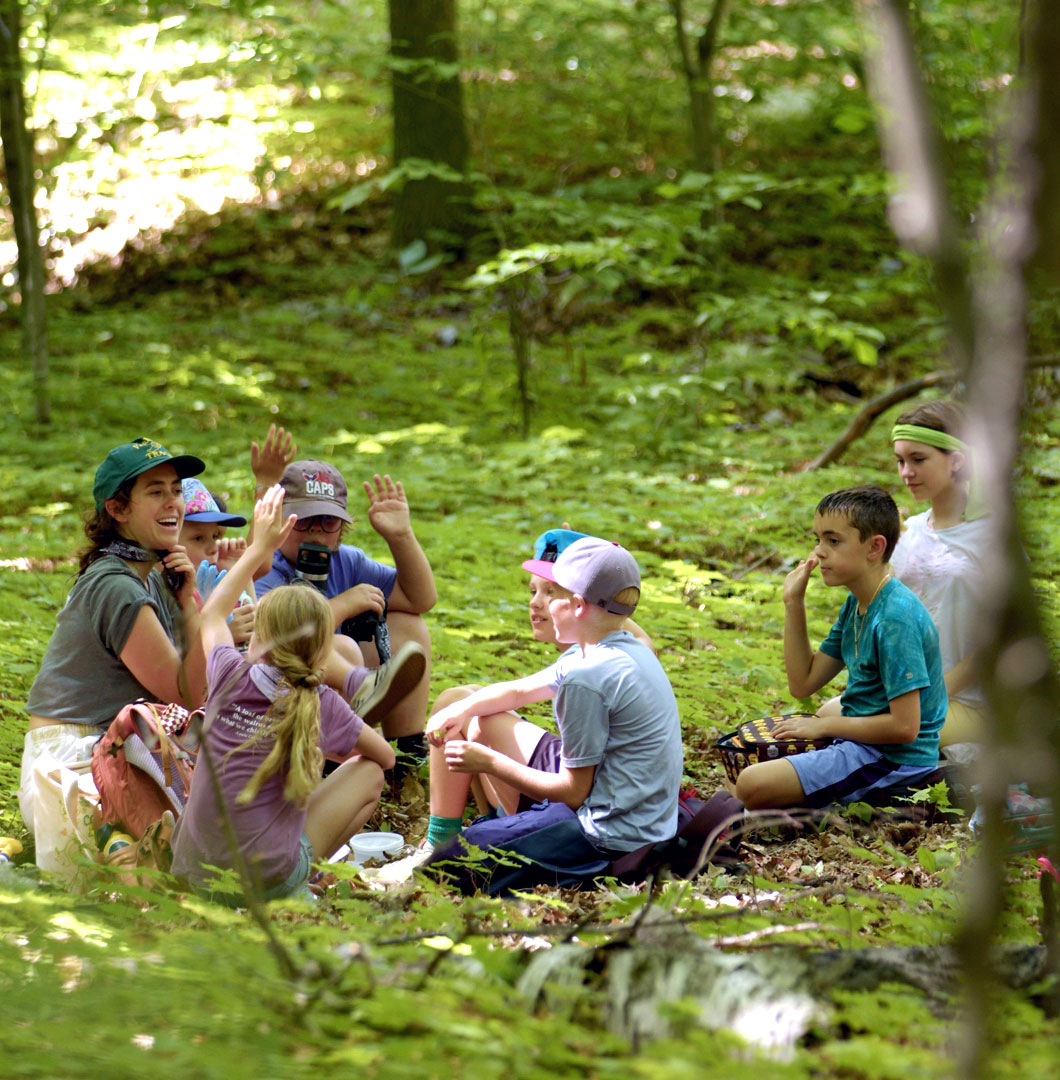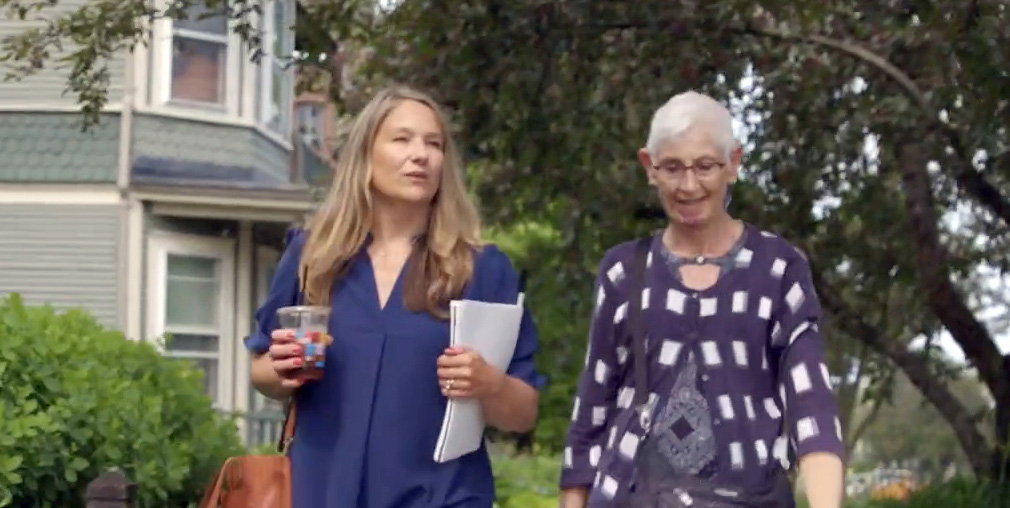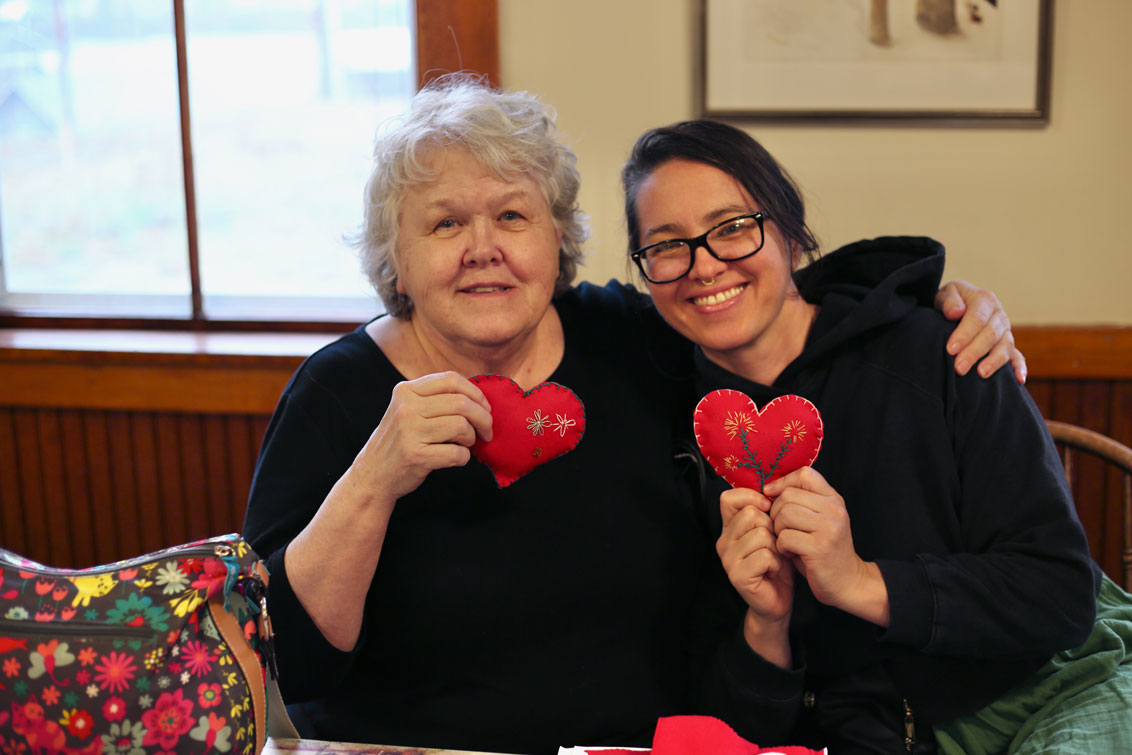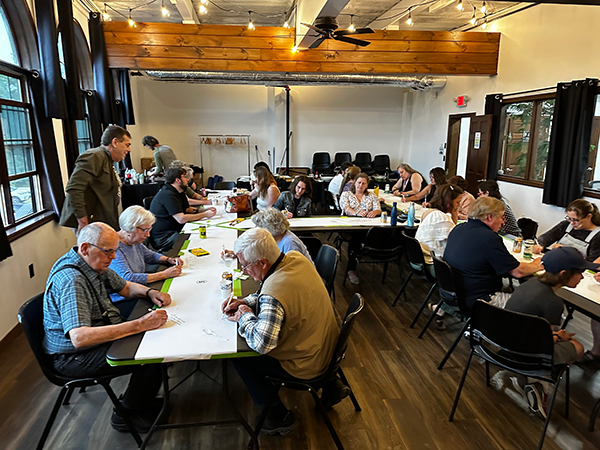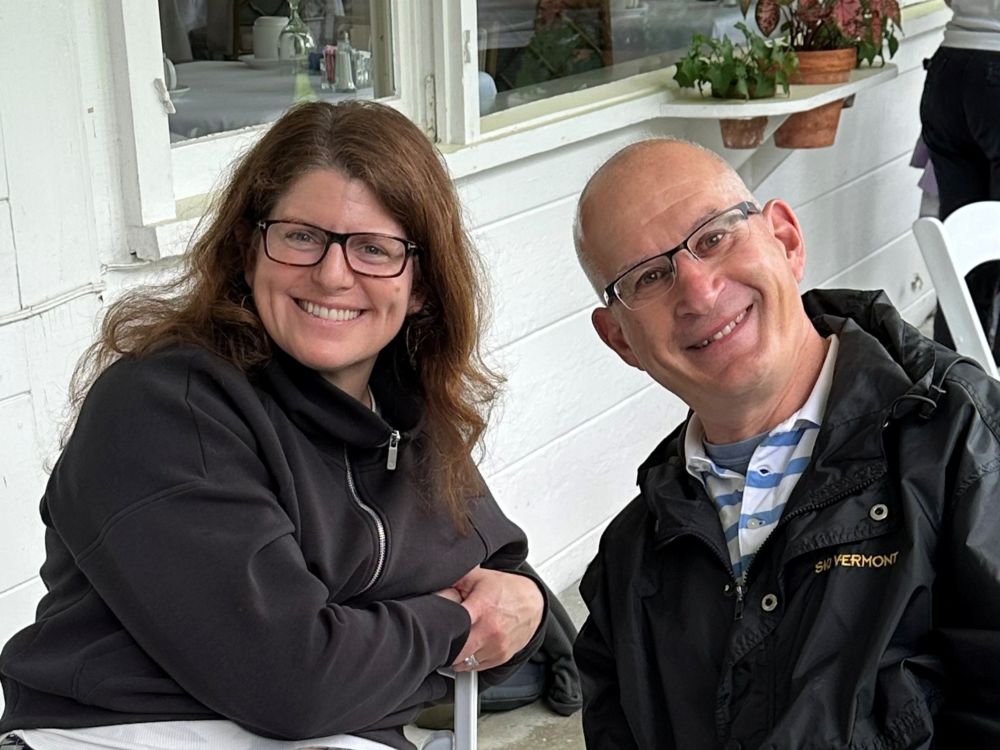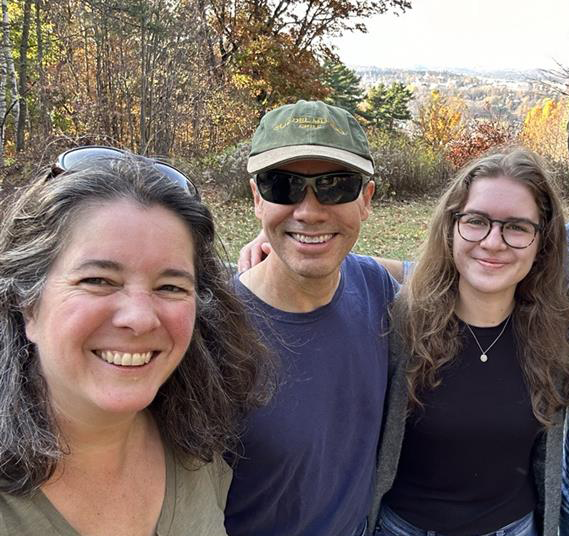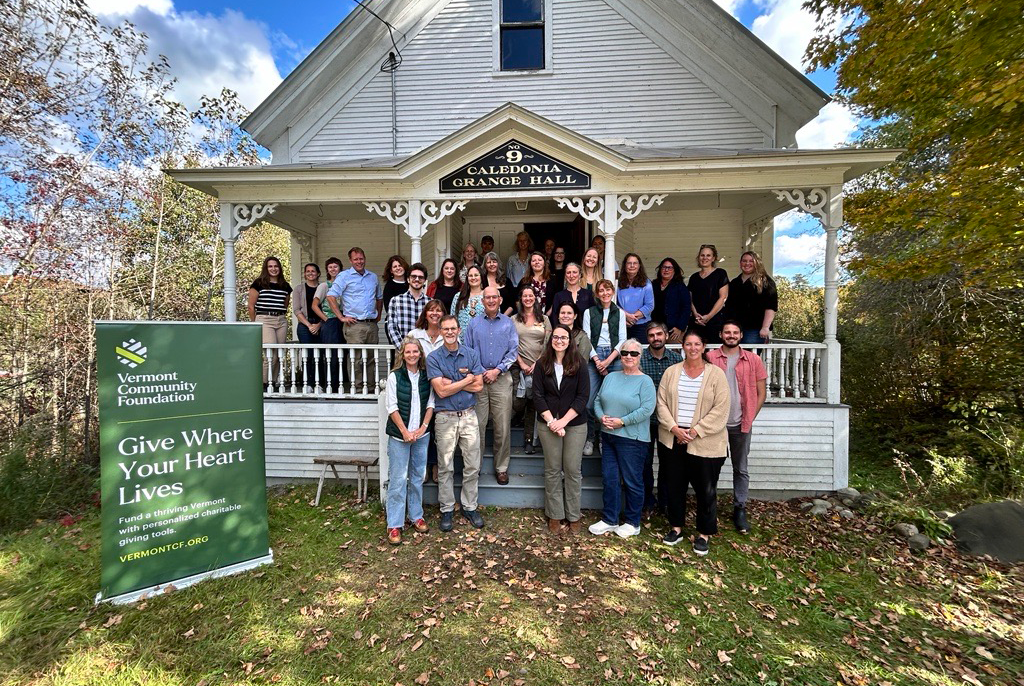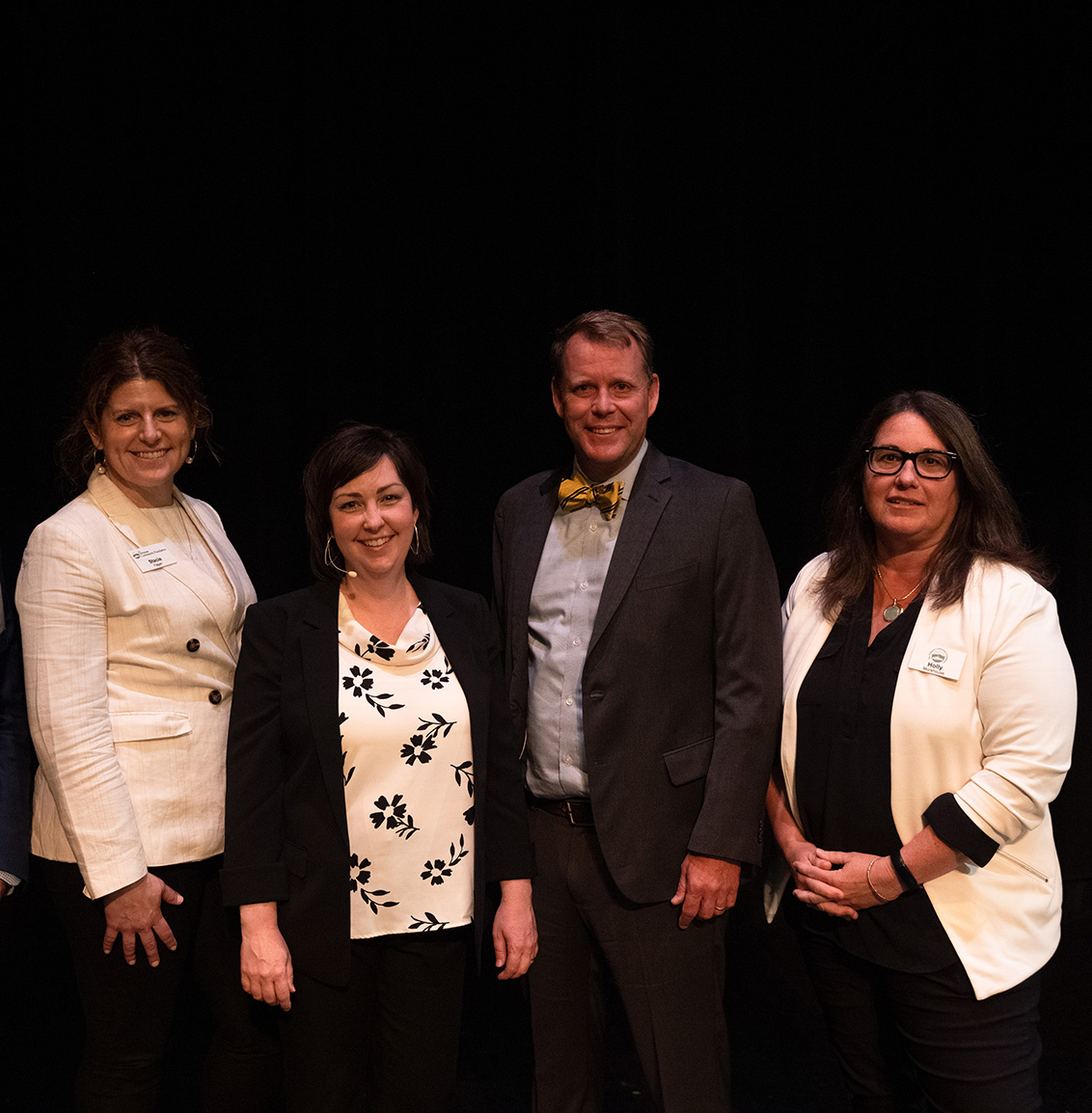On November 15th, the Vermont Community Foundation’s Insight Hub hosted a webinar titled Delivering Hope: Promising Solutions to Improve Mental Health in Vermont. Here are some highlights from the conversation and tips for charitable individuals who want to support a healthy and resilient Vermont:
- Philanthropy can partner with nonprofits and government to fund innovative programs that help people who are experiencing mental health challenges get support and stave off crisis, including mobile crisis units and peer coaching that brings the wisdom of lived experience to people in need. Donations can also support public awareness campaigns for the new 9-8-8 suicide and crisis lifeline as well as ensure long-term funding for the 24-7 service.
- Philanthropy can support nonprofits that keep children and teens out of emergency rooms by providing high-quality mental health supports in the community. Programs such as Psychiatric Urgent Care for Kids (PUCK) in Bennington offer treatment and de-escalation for youth who experience mental health problems in school or at home. The comforting, age-appropriate setting is designed to assist children and their families without delay and without the potentially traumatizing experience of visiting an emergency room. Expansion of community-based care models around the state in partnership with government and hospitals will also help ensure that hospital emergency rooms have capacity for those patients who truly need that setting.
- Philanthropy can support wellness and resilience programs. Public funding is limited or unavailable for many “upstream” programs designed to keep people healthy. These run the gamut from nutrition and exercise programs to wellness practices that focus on breathing and stress management. Nonprofits that help people set up psychiatric advance directives or search for housing with wraparound support services designed to improve mental health are also in need of charitable donations. Lastly, nonprofits need support to help individuals find meaningful jobs and/or volunteer work that can build financial security and create healthy structure in a person’s life.
- Philanthropy can support scholarships and incentives to address chronic workforce shortages that hamper delivery of mental health services. Gifts to educational institutions that offer degree programs in nursing, psychology, counseling, social work, and other fields are needed to bring more qualified people into these under-supplied sectors and supplement public programs that offer limited tuition assistance. By reducing potential debt and supporting programs that allow people to work while they learn, charitable individuals can help build the workforce needed to provide the right care at the right time.
Speakers:
-
- Emily Hawes, Commissioner, Vermont Department of Mental Health
- Laurie Emerson, Executive Director, National Alliance on Mental Illness (NAMI) Vermont
- Lorna Mattern, Executive Director, United Counseling Service
- Martha Trombley Oakes, Director of Philanthropy, Vermont Community Foundation
Watch the full webinar:
Our Health & Well Being Initiative
Collective efforts now are important to hold people safe and supported and to continue to build the resources, connections, and capacity that Vermont needs.

